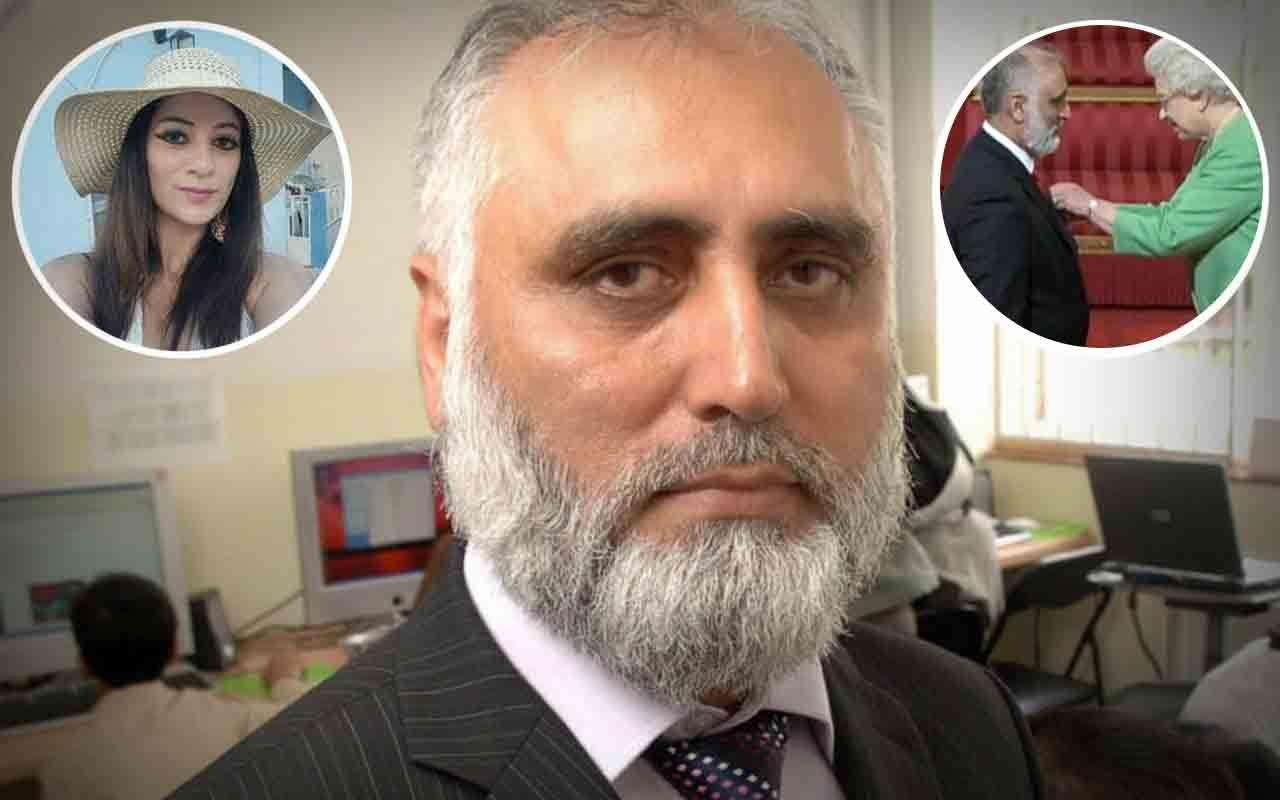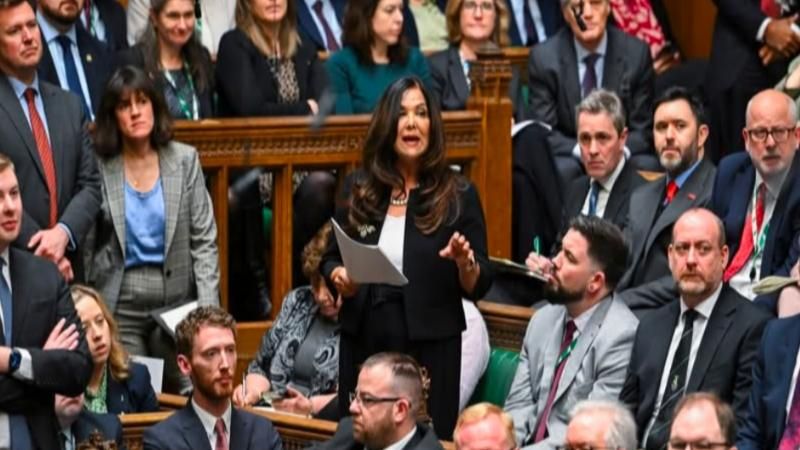A heated debate unfolded in Westminster Hall today concerning the practice of non-stun slaughter for halal and kosher meat, following a public petition signed by over 109,000 Britons calling for a ban. While framed as a matter of animal welfare, prominent voices, particularly that of MP Yasmin Qureshi, have vehemently argued that the discussion disproportionately targets Muslim communities and risks infringing on religious freedoms, Daily Dazzling Dawn understands.
The petition, titled "Ban non-stun slaughter in the UK," asserted that non-stun methods are "barbaric and doesn't fit in with our culture and modern-day values." However, during the parliamentary debate, MP Yasmin Qureshi powerfully countered this narrative, stating, "This debate is less about animals and more about Muslims." She highlighted the "divisive narratives" surrounding the issue, pointing out that despite non-stun religious slaughter accounting for a small percentage of overall animal killings in the UK (around 2.9%), it is repeatedly singled out. Qureshi revealed receiving emails referring to "Muslim meat" and "dirty men with beards," emphasizing that such language stems from "prejudice, plain and simple," rather than genuine animal welfare concerns. She further noted that while kosher slaughter also employs non-stun methods, public focus remains almost entirely on halal.
Liberal Democrat MP Jamie Stone echoed the sentiment that existing controls are already in place. He stressed that the slaughter of animals according to religious practice is subject to stringent regulations, including inspections of abattoirs by the Food Standards Agency (FSA) and the requirement for certified individuals to carry out the process. This underscores the government's stance, articulated in January 2025, that while it "would prefer all animals to be stunned before slaughter," it nonetheless "respects the rights of Jews and Muslims to eat meat prepared in accordance with their religious beliefs."
Latest updates reveal that a significant proportion of halal meat consumed in the UK already comes from animals that are stunned before slaughter. Reports indicate that approximately 88% of animals slaughtered for halal purposes in the UK are stunned first, a figure that has increased from 80% in 2015. This data further challenges the notion that the debate is solely about animal welfare, suggesting that the public's perception of halal practices may be skewed by misinformation. Conversely, all animals slaughtered for kosher meat in the UK are non-stunned.
The "Demonstration of Life Protocol," an industry-led initiative supported by the government, provides assurance that electrical head-only stunning of sheep and goats is compatible with halal slaughter requirements, demonstrating a proactive effort within the Muslim community to address welfare concerns while upholding religious tenets.
Despite these facts, critics of non-stun slaughter, including independent MP Rupert Lowe, who tabled a separate motion calling for a ban on "halal slaughter," continue to push for an outright prohibition. He argues that there is a "substantial body of veterinary evidence indicating that pre-stunning significantly reduces animal suffering."
However, as highlighted by MPs supporting religious slaughter, the debate often overlooks broader issues of animal welfare in the conventional meat industry. The focus on religious practices, when strict regulations and growing adoption of stunning within halal processes are evident, raises questions about underlying motivations and the potential for discriminatory outcomes.
This Westminster Hall debate, while not leading to an immediate vote, marks a significant moment in the ongoing discussion surrounding religious slaughter in the UK. For Muslim communities, it is not merely about dietary preference but about the fundamental right to practice their faith without undue scrutiny and the constant need to justify their deeply held beliefs in a pluralistic society. The challenge now lies in fostering a dialogue that moves beyond prejudice and genuinely addresses animal welfare in a way that respects the diverse cultural and religious fabric of the United Kingdom.
The concerns of British Muslims, particularly those from Bangladeshi, Indian, Pakistani, and wider South Asian and BAME communities, are significant. For these communities, halal food is not merely a dietary choice but an integral part of their religious and cultural identity, and any perceived threat to its availability or practice is seen as an attack on their fundamental rights and way of life in the UK.








.svg)


